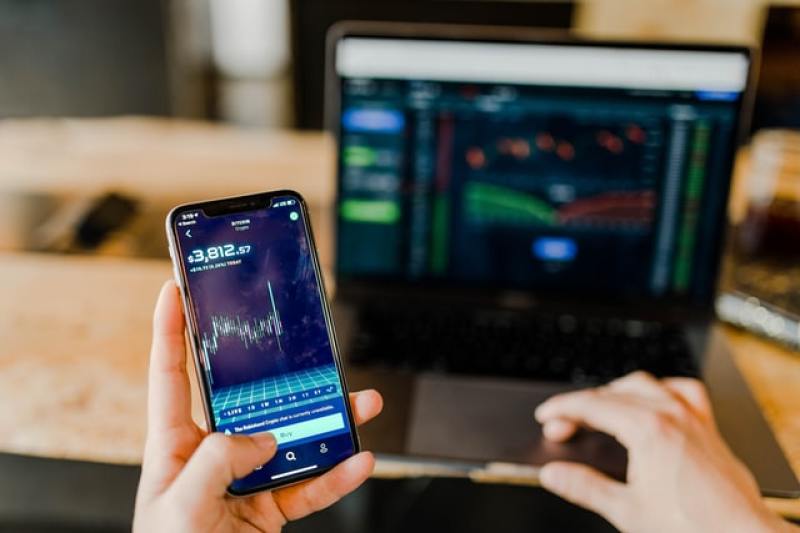
The U.K. government is teaming up with the Bank of England to develop a potentially disastrous "Britcoin," a bank-controlled digital currency that will be used alongside cash. In April, U.K.'s Treasury chief Rishi Sunak nicknamed the project "Britcoin" and promised that it would not eliminate cash but work alongside it.
"Our vision is for a more open, greener, and more technologically advanced financial services sector," Sunak said at the time, as reported by the Associated Press. "And if we can capture the extraordinary potential of technology, we'll cement the U .K.'s position as the world's preeminent financial center."
But some are worried about the repercussions of bank-controlled digital currency, especially after a former Imperial College professor admitted that the U.K. lockdowns due to COVID were in fact inspired by China's communist leadership.
Breitbart reported in December 2020 that Professor Neil Ferguson, a computer modeller who contributed to projecting how many COVID cases there would be in Britain if not for lockdowns, said that if China had not locked down their cities in response to COVID, other countries would have not done so either.
Ferguson argued that people's perception of governmental control "changed quite dramatically" in the first quarter of 2020 and that when the Chinese claimed to have flattened the curve of COVID cases, he was "sceptical at first." He admitted that he initially believed it was a "massive cover-up" by the CCP, but later found that "as the data accrued it became clear it was an effective policy." (Interestingly, a recent study found that lockdowns aren't effective at all.)
It is this governmental control that makes detractors concerned about the bank-controlled digital currency nicknamed "Britcoin." According to LifeSite News, the proposal involves the Bank of England "instituting a direct digital equivalent to physical money and remaining in charge of the currency."
A taskforce was already established to "formulating how such a policy could be implemented in the U.K., as well as guiding the design for the digital currency." Those who support the idea believe that the bank-controlled digital currency will help boost the economy during times of financial crisis. However, detractors say it will increase the rates of money laundering and black market deals.
According to The Guardian, insolvency firm Begbies Traynor managing director Julie Palmer said that such cryptocurrencies make it more difficult for administrators to track the money and if executives are taking money out of the business illegally. She warned that the absence of regulations and taxation plans may lead to major losses for the government.
Conservative Member of the Parliament Steve Baker, who serves as the deputy chair of the COVID Recovery Group, condemned "Britcoin," saying that it "could enable a dramatic increase in state control of our lives."
But more and more governments are looking to digital currencies, which are most likely to be tied up with an individual's personal data and identity. After all, digital currencies will require people to submit their information for account recording purposes, enabling governments access to private financial data of their very own citizens.




















